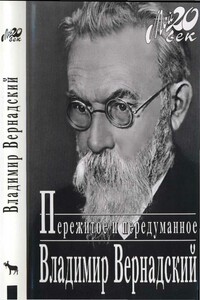Английский язык для специальных и академических целей: Международные отношения и зарубежное регионоведение. Часть 1 | страница 99
http://www.europeanvoice.com/article/too-early-to-say-homo-europaeus-is-doomed/
By John Wyles>46>>4725.01.2012
Europeans may not view Europe as a homeland, but the notion of a common identity emerging should not yet be dismissed.
For at least 40 years, journalists, politicians and political and social scientists have been scouring Europe for a new species of animal. It would be recognisable by eyes that are focused on matters higher than the parochial>48> interests of the nation state, and a preference for entering its habitat through the door marked ‘Europe'. Closely related species tend to choose the entrance symbolised by their native territory, but the concept of a European door spoke to an ideal, an inclusive identity and shared loyalties.
This animal had no clear profile and its DNA had scarcely formed during the early post-war years when the idea of integration began to enthuse the political classes in the western part of the European mainland. But it was an islander, Winston Churchill, who in 1948 offered a first definition of what it would feel like to belong to this new breed.
“We hope to see a Europe where men of every country will think of being a European as of belonging to their native land, and ... wherever they go in this wide domain ... will truly feel, ‘Here I am at home.'”
Unit III. EU at the Crossroads
For more than 60 years, this aspiration has shaped hopes and expectations of the benefits of European integration. The legacy of Churchillian thinking, the desire to make people feel at home in Europe, is evident in the widespread search for a formula that would make a reality of a European demos. The goal is to forge a stronger European identity through heightened political participation and institutional accountability.
Many have shared Churchill's vision and closely examined polling evidence and political behaviour for signs of its emergence. It was assumed that he offered a legitimate benchmark against which to judge the impact, or lack of it, of European integration on the citizens of Europe's nation states. When this assumption seemed to be feeble, especially with the growth of nationalist populism in many member states, the conclusion was drawn that Europe was failing to capture the loyalty and trust of its citizens. Its legitimacy is now held to be in peril. The inability of people to identify with the Union and its institutions is underscored and depicted as a major political adjunct to the economic crises currently afflicting Europe.



